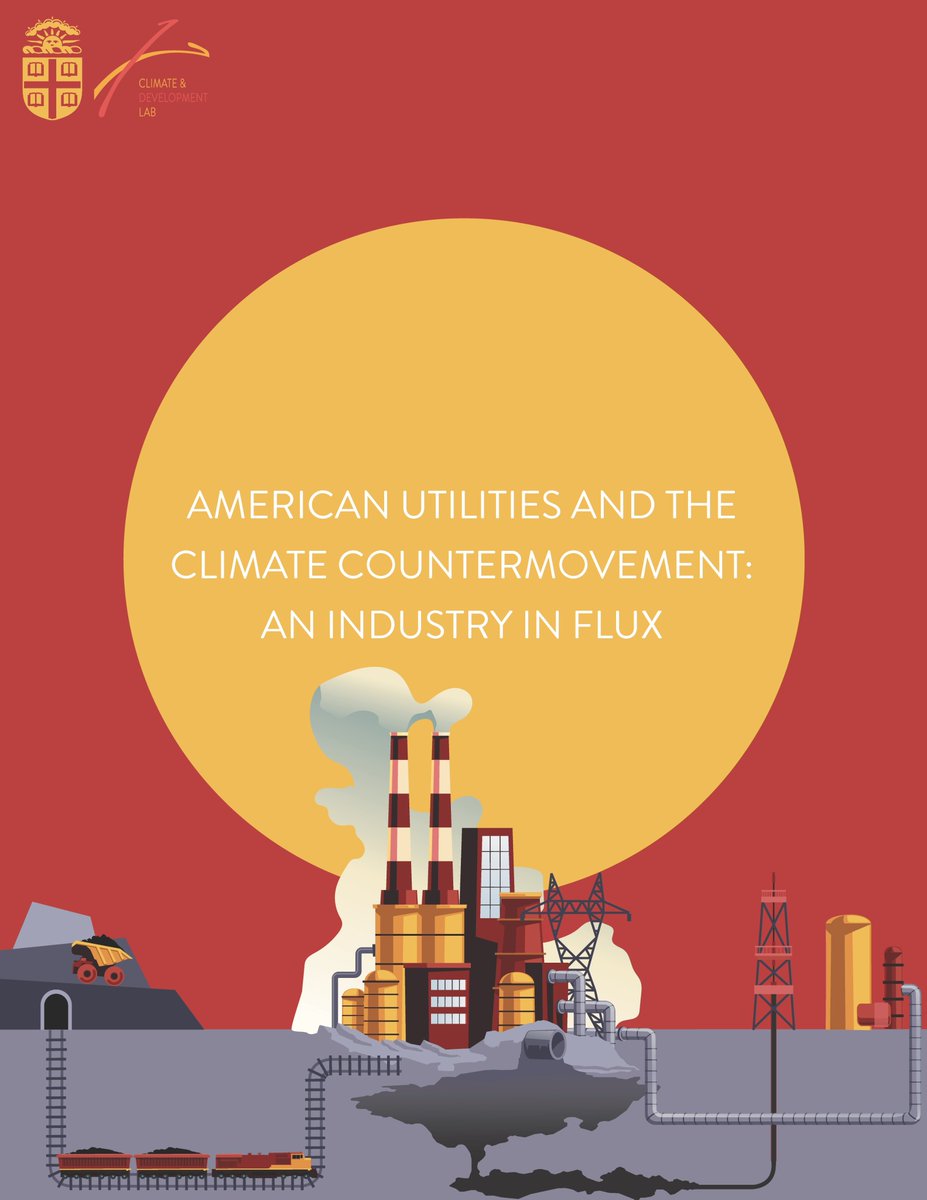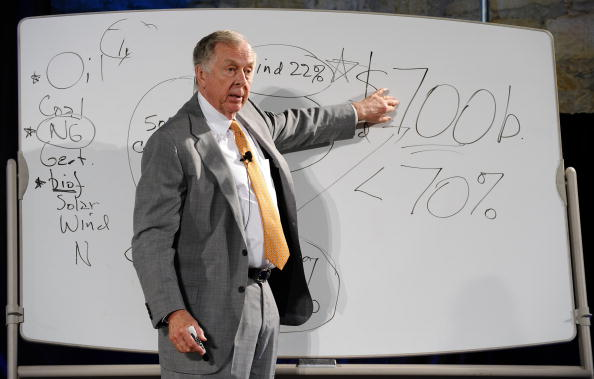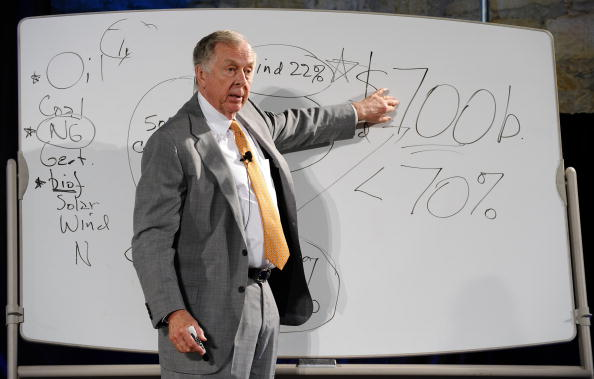bloomberg.com/opinion/articl…
It's almost twice as long as "The Love Song of J. Alfred Prufrock", and almost as filled with stream-of-consciousness yearning, regret, assertion and indecision.
Along with GE and Mitsubishi, its coal and gas turbines powered the 20th century.
This was a fairly obvious business risk that they just blundered into. That doesn't say much for the quality of their decision-making.
And in the article I take a pretty sceptical view of that: Who cares about the state of corporate executives' souls? What matters is their actions.
The entire letter is a powerful example of how institutions can cause leaders to pursue actions that trouble their consciences, while convincing themselves they're doing it for the greater good.
The way these institutions frame their decisions seems calculated to give them a feeling of reasoned inevitability.
I don't think that's how it really works.
More CEOs should be having such crises!
And then giving serious thought to what they can do to change outcomes.
If they don't have the crisis, they probably won't make the change.
I'm very sceptical of Blackrock's latest announcement on climate, but it's hard to imagine anything of this sort happening five years ago: bloomberg.com/news/articles/…
Attitudes change reality.
Not nearly fast enough, yet. But eventually? Sure.
(ends)












